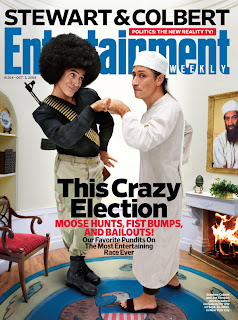As my state of panic and euphoria are conveniently mixed into one in an attempt to finish my blogs I want to reflect as well as analyze what I've learned in CS 400H. Since I'm graduating this year the reflection of the years that have passed and more so the ones that will come are making me slightly nervous. Why nervous?
Despite the fact that I have a job (that I like for now) I'm thinking what can I do with an arts degree? A communication studies degree to be exact? This is what.....ANYTHING AND EVERYTHING!By being able to analyze things from a holistic approach, criticize and conceptualize theories and utilize them in everyday interactions, communication studies students are the best chameleons. We are the ones that will strive and protect ourselves in the digital age because while we might not necessarily understand the technological aspects, we understand them from a social political , cultural as well as economic perspective. And by understanding all of this, there will always be an opportunity for people like us to succeed.
Aside from individual focused work, communication studies students know that the more options, opinions and outlooks you have the better understanding of the matter you will have, and in the end you will come to a more adequate conclusion. This will be most relevant if one goes into a field where there's a lot of team work involved,conflict resolution, or idea mining. So I am a little scared but I'm also happy because I don't regret for dedicating years to the communication studies program.
